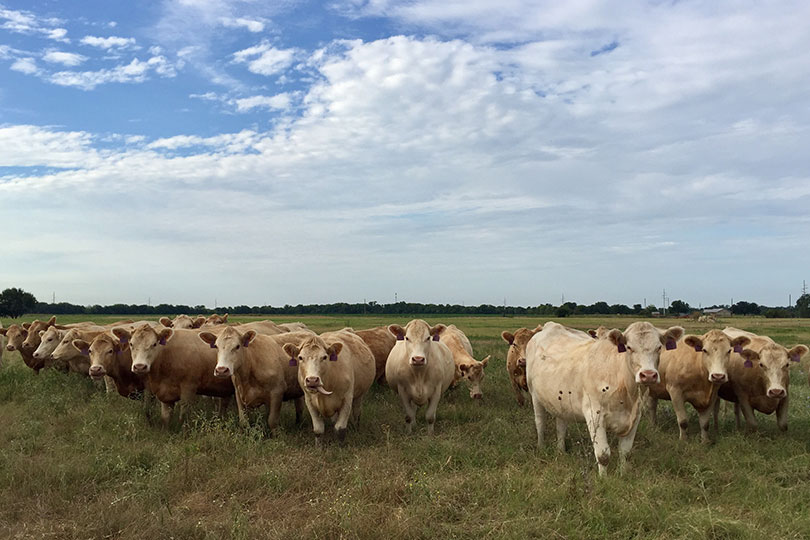By Jessica Domel
Multimedia Reporter
The U.S. Department of Agriculture’s acting chief scientist is speaking out on a recent report from the World Health Organization (WHO) on antibiotic use and alleged misuse by American farmers.
WHO recommended that farmers and the food industry stop using antibiotics to promote growth and prevent disease. The organization alleges overuse and misuse is contributing to the rising threat of antibiotic resistance.
Ranchers should test sick animals to determine the most effective and prudent antibiotic to use before treating animals, according to the report. WHO calls for veterinarians to choose from a specific list of antibiotics deemed least important to human health.
The WHO guidelines are not in alignment with U.S. policy and are not supported by sound science, according to Dr. Chavonda Jacobs-Young, USDA acting chief scientist.
“The recommendations erroneously conflate disease prevention with growth promotion in animals,” Dr. Jacobs-Young said.
WHO previously requested the standards for on-farm antibiotic use be updated through a transparent, consensus, science-based process.
WHO released this paper before the first meeting.
Jacobs-Young said the WHO guidelines, according to the language in the guidelines, are based on low-quality evidence and, in some cases, very low-quality evidence.
“Under current Food and Drug Administration (FDA) policy, medically important antibiotics should not be used for growth promotion in animals,” Jacobs-Young said. “In the U.S., the FDA allows for the use of antimicrobial drugs in testing, controlling and preventing disease in food-producing animals under the professional oversight of licensed veterinarians.”
While the WHO paper does recognize the important role veterinarians play, Jacobs-Young said WHO would also impose unnecessary and unrealistic constraints on their professional judgement.
“USDA agrees that we need more data to assess progress on antimicrobial use and resistance, and we need to continue to develop alternative therapies for the treatment, control and prevention of disease in animals,” Jacobs-Young said. “We remain committed to addressing antimicrobial resistance in people and animals.”
USDA will continue to work with WHO, World Organization for Animal Health and the Food and Agriculture Organization to promote antibiotic stewardship to avoid further emergence and spread of antibiotic resistance.


I have always been against getting antibiotics and growth hormones in our meat. We don’t get to vote on this as they do in Europe, nor are we even told what is administered to the animals. This is just a smokescreen.
This ignorant comment is an example of why we should not let the general public vote on things they know nothing about. The discussion is about preserving the effectiveness of antibiotics for use in treating human disease. Her meat is free of antibiotics and growth hormones due to withdrawal times before slaughter. She has the option of paying extra for food that is certified “organic”.
You get your vote at the grocery store. If you find it necessary to pay more for labeled “antibiotic free” and/or “hormone free” meat, that IS your vote. Meanwhile, the rest of us trust that producers take their job seriously and follow withdrawal guidelines for each medication the animal may have received. “Growth hormone” is not administered to meat animals. Some producers administer hormone implants to slightly increase growth, but this is often an estrogen implant, never “growth hormone.” It is unfortunate that the public is so grossly misinformed.
People who have no vested interest in the direct production of agriculture should never have an option to regulate the industry. A vast majority of our children are put through school in the public education system but I would never expect to get to vote on the curriculum or any specific policies surrounding their education. We blindly accept the professionals to make the right choices to educate our children but when it comes to food, those farmers and ranchers just aren’t smart enough to be trusted to make their own decisions or policies?
I am glad to see that the USDA is standing up for their policies instead of rolling over and accepting the recommendations of the WHO without further investigation, especially when the evidence against current policies is not based on reliable data.